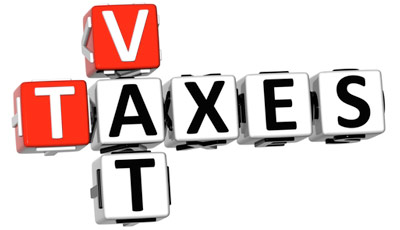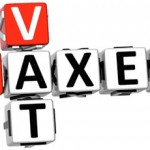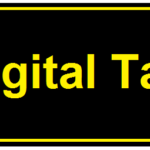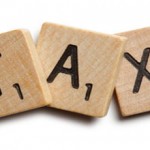OECD Supports States To Mirror EU’s Digital VAT Reforms

On October 24, the OECD released new implementation guidelines to support the collection of consumption taxes on cross-border sales.
The guidance – Mechanisms for the Effective Collection of VAT/GST Where the Supplier Is Not Located in the Jurisdiction of Taxation – is intended to support the consistent implemention of internationally agreed standards on the VAT treatment of cross-border trade, as set out in the OECD’s updated VAT/GST Guidelines. The OECD said the guidance’s release is particularly relevant given the ongoing digitalization of the economy and that taxing the digital economy was a key tax challenge tackled in the OECD’s base erosion and profit shifting project, covered under Action 1.
The OECD’s Action 1 report had proposed that countries remove VAT exemptions for low-value consignments and also introduce taxation on business-to-consumer supplies of certain electronic services in the location of the consumer. The proposals were largely based on those already underway in the European Union, which from January 1, 2015, introduced new place of supply rules for providers of broadcasting, telecommunications, and electronic services, providing that these should be taxable in the location of the consumer. It has been agreed recently at EU level that low-value consignments should lose their exemptions.
The OECD said: “The implementation guidance builds on good practice approaches deployed by jurisdictions when they require foreign suppliers to register and collect VAT on cross-border B2C sales in application of the solutions recommended in the BEPS Action 1 report. The implementation guidance was developed by the OECD with the active involvement of a wide range of jurisdictions beyond the OECD and with representatives of the global business community.”
“The early data on the impact of the recommended solutions is very promising. The European Union, which was the first adopter of these collection mechanisms, has identified the total VAT revenue declared via its compliance regime (the Mini One Stop Shop or MOSS) as in excess of EUR3bn in its first year of operation. The MOSS has also played an important role in reducing the compliance burden of businesses that use the regime. Approximately 70 percent of the total cross-border B2C supplies of services and intangibles that are in scope of this regime are captured by this compliance regime.”
“The new implementation guidance will support enhanced compliance levels while limiting compliance costs for digital suppliers by promoting the consistent and coherent implementation of these collection mechanisms across jurisdictions,” the OECD said.
Source: Tax News – OECD Supports States To Mirror EU’s Digital VAT Reforms




























